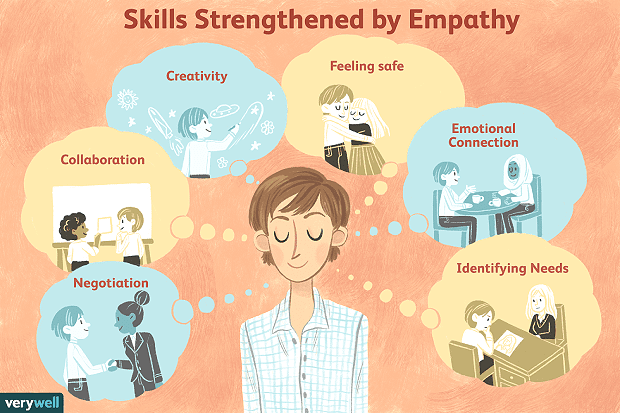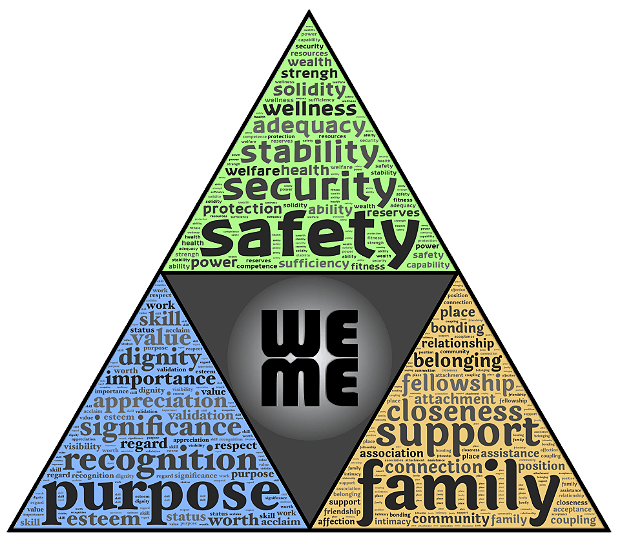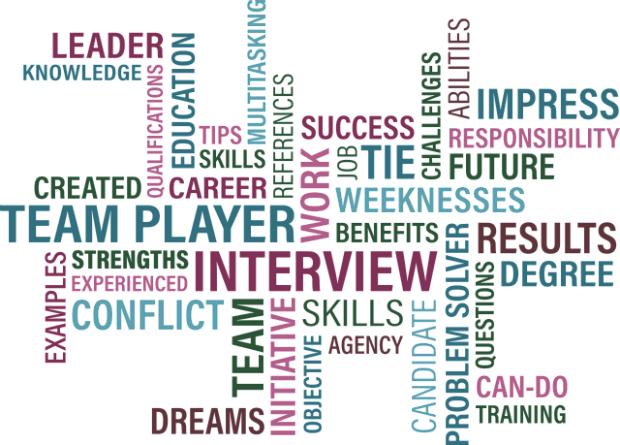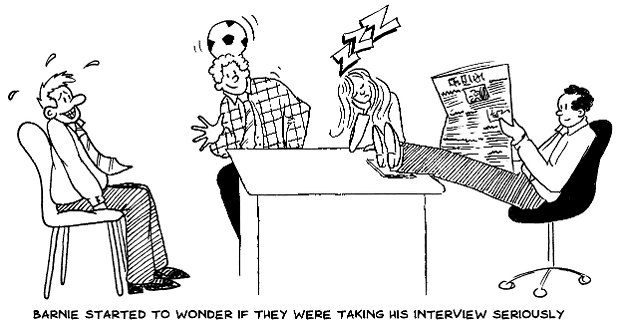
COVID has thrown us all off balance. We have had to adapt fast, as many of us have been forced into survival mode. Health, finances, infrastructure have all been at best under threat and, at worst, decimated.
Furloughed or not, people returning to work will be anxious about their safety. Will it be possible to keep social distancing? How will any restructuring will affect their future? They will still be reeling from the impact of Covid-19 and the Lockdown; they may have suffered personal loss of family or friends, and still be worried about catching the illness from others during the daily commute or even from the workplace. Some employees may be obsessive about hygiene, others quite cavalier. A few will return quite upbeat, keen to make the best of the situation. Others may come back feeling numb and scared, and wait to be told what to do.
Each person will return to work with their own unique experience of, and stories about, COVID-19. In varying degrees, they will need to talk about their experiences.
We have worked with many organisations over the past four decades, where we have seen the value of open and empathic conversations. Below, we list some suggestions to consider for ways to respond to the different needs of employees returning to work after the Lockdown:
1 Respect individual differences to gain engagement
It will take a while to get people onboard and motivated again. They will almost certainly not be ready to contribute at full speed straight away . Not only will everyone’s experience of COVID be different. Each person will respond differently. Respecting individual differences means listening for individual needs. The taste of home working may have convinced some people they want to continue working remotely at least part of the time. Others may be delighted to get back to the workplace, because it was too hard to work remotely, and so neither enjoyable nor productive.
Encourage people to talk, and to talk often. HR cannot do this alone, so it will be important to ensure that line managers have the skill, time and approach that is needed to listen, without the usual pressures of imminent action. And to do this often.
2 Build strong communities, show appreciation and seek suggestions
Many of us have learned the value of support, even if achieved via online communities. We may have been linked by our Thursday evening Clap for Carers ‘get togethers’. Possibly, we have learned that strong connections can be forged online. Capitalise on that, and build communities between remote and non-remote workers. Topic or Project related WhatsApp groups (with clear Groundrules) are a brilliant way of feeling connected.
Self esteem may have plummeted for some people. They will need genuine reassurance and appreciation, not just for excellent work, but for actually being present. Train your line managers to notice good work and to praise, rather than to point out faults or weaknesses. Decimate micro management and encourage demonstrations of empathy.
Invite your employees to talk about their learning from the COVID experience, and to suggest ways teams and the organisation could work together in the future.
Expect people to be vulnerable, in varying degrees, for quite a while. Don’t just ensure there are safety guidelines in place. Train as many people as possible in listening and coaching skills. Career conversations should be taking place, but also just plain conversations.
3 Encourage personal resilience
We live in more uncertain and unpredictable times than ever. It will be critical that individuals develop the skills, attitudes and behaviours to manage setbacks, and stay attuned to their own wellbeing. Encourage your employees to manage their careers actively, to think ‘out of the box’ about ways in which they can develop and grow. Train managers to have conversations to encourage and support this.
Resilience requires both focus and flexibility. Encourage employees to forge contacts and to network actively for their career management. Make networking a way of life. Create alumni groups of ex-employees some of whom may be retained on contracts.
4 Review the culture of your organisation
What have been the dominant values and attitudes underpinning the culture of your organisation? Do any of these need to be changed in light of the crisis? When an individual experiences trauma, he or she may well re-evaluate what matters now. Now may be a great time to ask your employees what really matters to them.
However many employee have been furloughed or been made redundant, it will be critical to create a culture which engages and values the individuals you rely on to get the work done.
5 Encourage ideas, creative thinking and innovation
During the Lockdown, some people will have enjoyed learning new skills or resurrecting dormant ones. Whether these skills have been in IT, design or craft, whether they have taken on new responsibilities for colleagues unable to work or because of new requirements arising from a cessation, reduction or increase in work, many people have been exposed to the need to be creative and to adapt quickly to the unique demands generated by the COVID crisis.
Capitalise on this new found energy and willingness to experiment. Ask for opinions , ideas and contributions to ways in which the work of the organisation can be managed successfully.
6 Consider signing up to the Mindful Business Charter
https://mindfulbusinesscharter.com
This Charter formalises your organisation’s ongoing commitment to promoting the mental health of your employees, so that everyone feels supported at work. The Charter recognises that stresses at work cannot be completely avoided, but long hours and inefficient work practices are not always the case
The main areas the Charter covers are:
BUILDING TRUST AND EFFECTIVE COMMUNICATION:
- Discussing with colleagues their preferred method of communication and clarifying any relevant implications of an individual’s working patterns
- Treating colleagues with the appropriate level of respect and courtesy
- Asking for and providing feedback to others on a regular basis.
ADHERING TO SMART MEETING AND EMAIL GUIDANCE:
- Allowing people to join meetings by the method they deem suitable, providing dial in details as default on meeting invites unless it is imperative that everyone attends
- Being respectful of others’ time by planning meetings properly (considering who needs to attend / giving appropriate notice / setting clear agendas and objectives) and avoiding last minute cancellations
- Avoiding over-use of email and not copying people into emails that they don’t need to receive
CONSIDERATION GIVEN TO THE NEED TO ‘SWITCH OFF’:
- Where support is required outside of someone’s core working hours, giving them options for when that could be (early morning or evening / weekend).
- When sending emails outside of business hours, being clear in the title whether it needs to be read / actioned promptly or considering sending pre-timed emails (so emails are not received late at night and at weekends)
- Including working hours / availability as part of my email signature, so people are aware of each others’ working patterns
- Respecting people’s right to take annual leave without the expectation of them checking emails / being on call, and role modelling the same behaviour myself where possible
IMPLEMENTING A BEST PRACTICE APPROACH TO COLLABORATION, INSTRUCTION AND DELEGATION:
- Respecting the need to provide sufficient context and information for a piece of work, ideally including the purpose and ultimate recipient
- When instructing on a task, negotiating rather than imposing a deadline, being transparent where possible on the wider timetable, and promptly communicating timing changes which impact others
- When being instructed on a task, being confident to flag when a deadline is unrealistic and / or unachievable.























